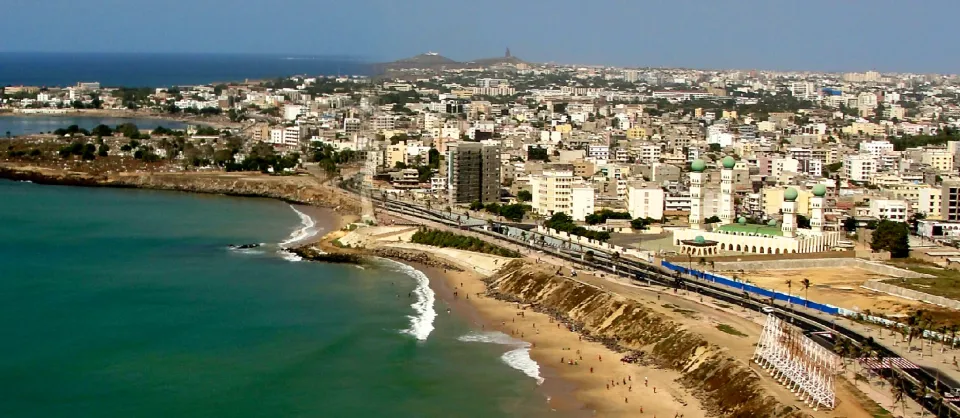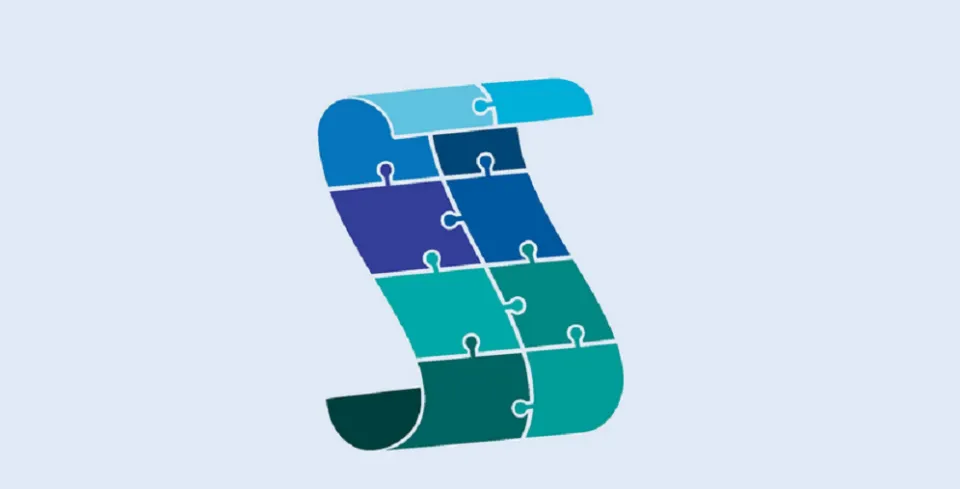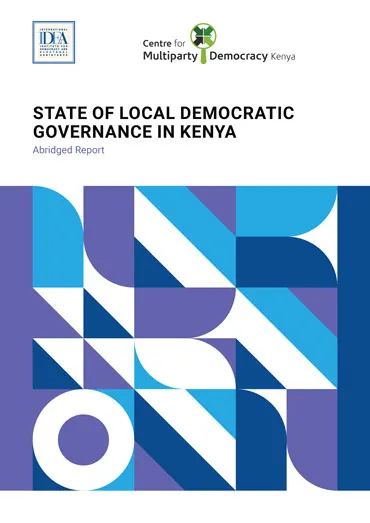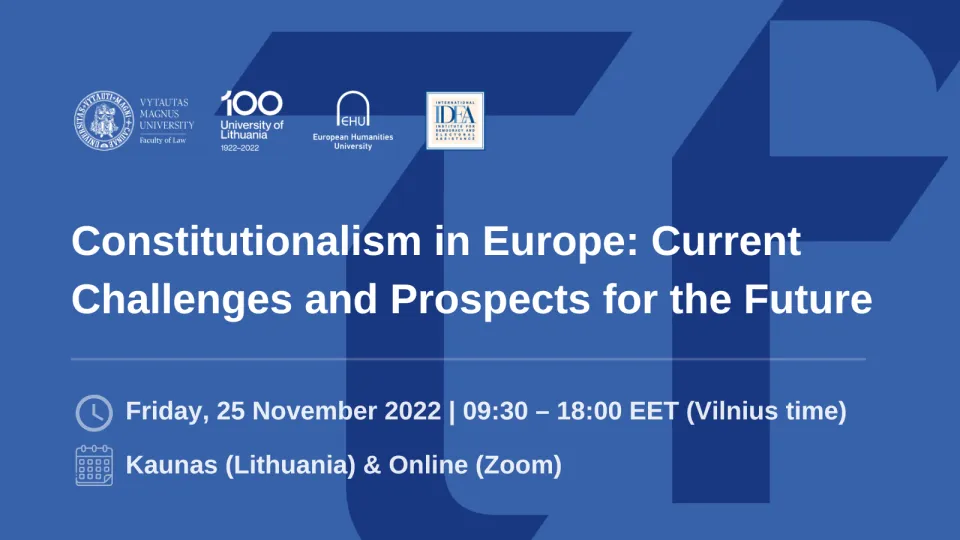Conversations on Innovative Constitutional Design
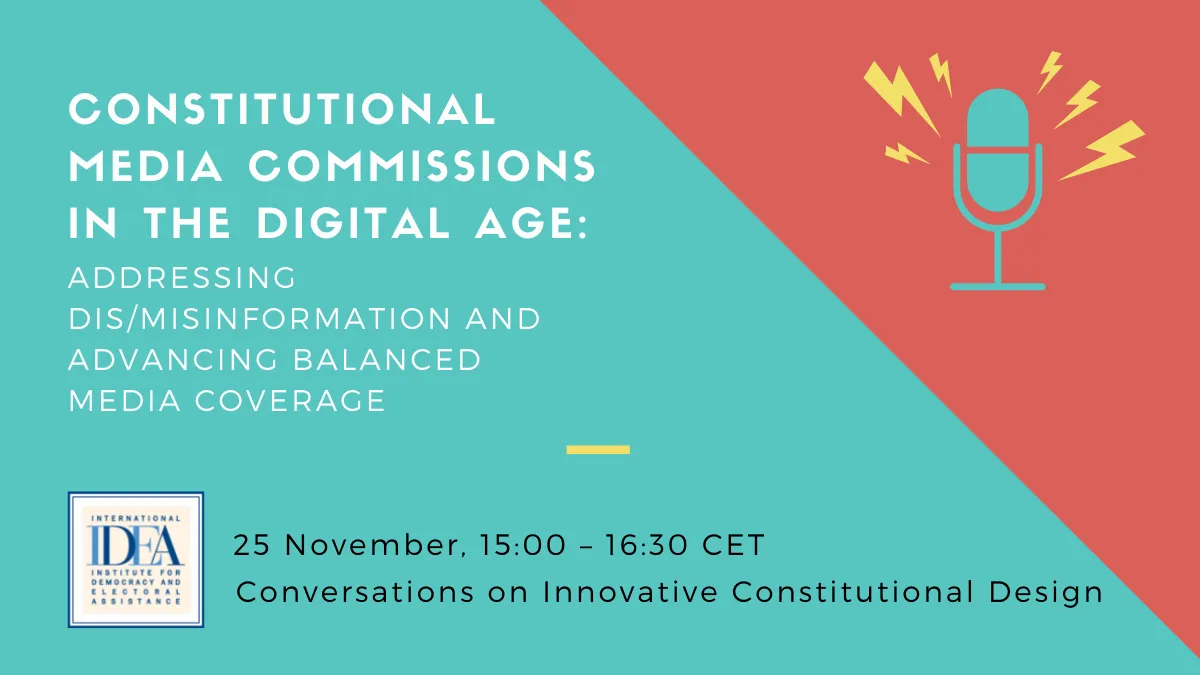
Join us for a discussion on constitutional innovations regarding institutions designed to advance freedom of expression and media freedom (media or communication commissions) and their role in addressing contemporary challenges of dis/misinformation and advancing fair, balanced, and diversified media coverage, particularly in publicly owned or state-subsidized media.
During this third edition of the Constitutional Innovations Webinar Series , we will explore case studies on Armenia, Ghana, Poland and Tunisia and highlight insights from the constitutional design, experiences and challenges of media commissions in contributing to the aforementioned objectives.
Dis/misinformation from both internal and external sources—at times involving foreign governments— has emerged as a prominent challenge not only to democracy but also peaceful coexistence, safety and public health across the world, notably with the growing prominence and influence of digital and social media as sources of information, dis/misinformation, hate, discrimination and violence.
Constitutional drafters— as well as international and regional human rights covenants — have long recognised the value but also potential downsides of providing for freedom of expression and media freedom, and sought to outlaw and even criminalise dangerous forms of expression (notably hate speech and incitement to hostility, discrimination, and violence). Some constitutions also set a broader objective of ensuring media and information integrity. While constitutions rarely specifically speak about dis/misinformation, these normative standards provide the basis for tackling the challenge
Register Here
Agenda
| 15:00 – 15:05 |
Welcome Kimana Zulueta Fuelscher, Acting Head, Constitution-Building Programme |
| 15:05 – 15:10 |
Introduction and Moderating the Panel Adem Kassie Abebe, Programme Officer, Constitution-Building Programme |
| 15:10-15:20 |
The Ghana Media Commission
|
| 15:20 – 15:30 |
The Polish National Council of Radio Broadcasting and Television Miroslaw Wroblewski, Director, Constitutional, International and European Law Department Office of the Commissioner for Human Rights
|
| 15:30 – 15:40 |
The Tunisian Audio-Visual and Communication Commission Professor Hajer Gueldich, Faculty of legal, Political and Social Sciences, Tunis-University of Carthage; Member, African Union Commission on International Law
|
| 15:40-15:50 |
The Armenian Television and Radio Commission Boris Navasardian, Chair, Union of Journalists, Yerevan, Armenia |
| 15:50 – 16:30 |
Questions and Answers |
| 16:30 |
Thank you and Closing |
About the Conversations on Innovative Constitutional Design Options
The Constitution-Building Programme of the International Institute for Democracy and Electoral Assistance (International IDEA) launched a new webinar series on Conversations on Innovative Constitutional Design Options in May 2021. The Series seeks to identify, discuss, profile and showcase innovative constitutional approaches, focused on institutional design, with potential to contribute to responses to some of the topical social, political, economic and cultural challenges facing societies around the world.
The first webinar in this series dealt with ways in which constitutional design could help to address the ‘incumbency advantage’, using the case studies of Bangladesh, Cape Verde and Madagascar. The second webinar focused on the role of constitutional institutions in advancing a safer environment, using Brazil, Kenya and Hungary as case studies.
